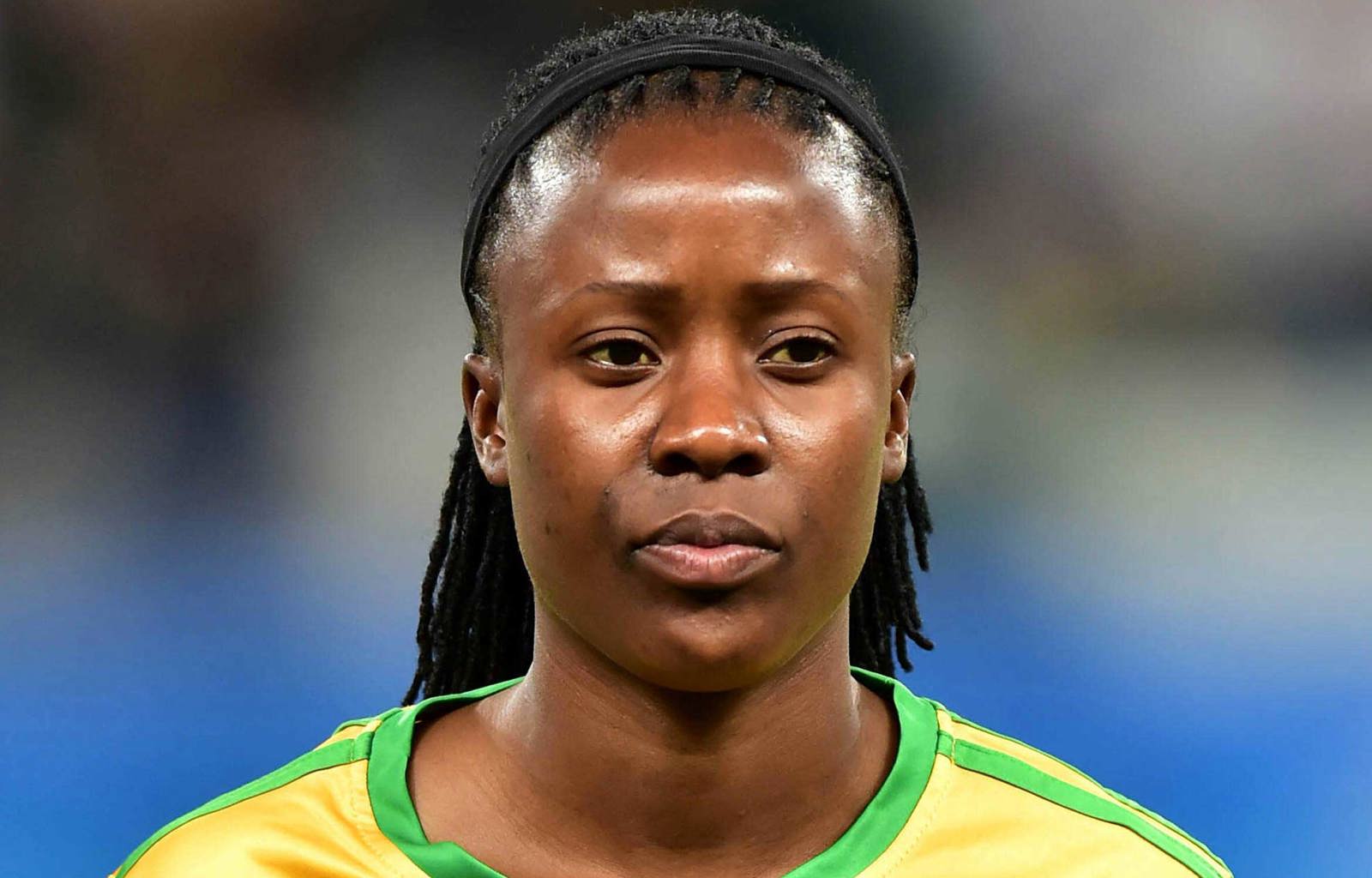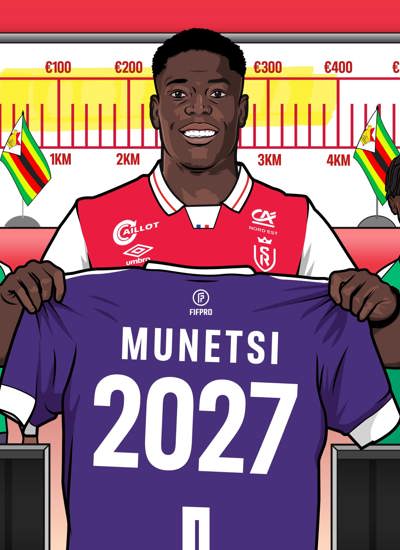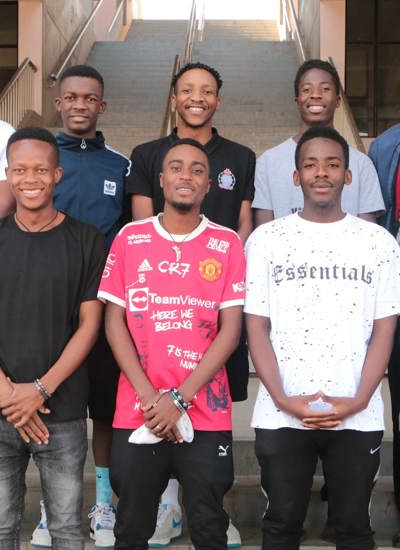
In February 2022, the Zimbabwe Football Association (ZIFA) was suspended by FIFA after governmental interference. The decision had severe repercussions for national team players and footballers throughout the country.
After a year of little progress towards having the ban lifted, the Footballers Union of Zimbabwe (FUZ) initiated an attempt to break the impasse. The union, together with FIFPRO, organised a meeting at FIFPRO’s head office in the Netherlands with a FIFA delegation, FUZ President Desmond Maringwa, national team players Marshall Munetsi and Nyasha Mushekwi.
They agreed on a process that included a delegation of FIFA, CAF and local confederation COSAFA visiting Zimbabwe to meet and talk with local players, the union, ZIFA and other stakeholders to get a clear view of the situation. These meetings led to Zimbabwe’s ban being lifted in July 2023.
One of the players who met with FIFA and CAF was former women’s national team captain Rudo Neshamba.
By Rudo Neshamba
I have been a member of the Footballers Union of Zimbabwe, which exists to uphold ethics of football and safeguard the physical health and integrity of players, for a few years. So when players had the opportunity to meet with CAF and FIFA, I was keen to take part.
Players had to be involved in the discussions because things were getting out of hand. Through the FIFA suspension, the situation was difficult for players – male and female – who struggled financially and with putting food on the table. We needed FIFA and CAF to hear from the players themselves.

The suspension took a huge toll on the players. We were just coming out of the Covid-19 pandemic, during which teams were already struggling to pay players because of financial constraints. Some sponsors had pulled out because they were also facing financial problems.
When the Covid restrictions were relaxed, players had an opportunity to play for the national teams. When you are on national team duty, players get paid for that, so that really helps if they are not making a lot of money playing club football. Obviously, there are only the few national team players that benefit from such payments – but when Zimbabwe was suspended, other players also lost the opportunity to strive to play for the national team and earn some extra money.
The suspension also prevented players from using the national team as a stage to showcase their abilities and possibly receive the opportunity to play overseas. Local matches in Zimbabwe are not televised, so players need the national team – yet the suspension took that opportunity away. The suspension was a financial set-back for a lot of us.
I managed to overcome the financial problems by expanding on the entrepreneurship that I had already started: I made sure that I nurtured my small business selling women’s clothes and accessories and grew my clientele during that period. I had also completed some coaching qualifications and, earlier this year, I was given the opportunity to become involved in coaching when I was appointed to head the girl’s division of the Real Betis Academy.
I had some opportunities that I could fall back on; however the situation was quite bad for many players. Thirty or so male and female players from clubs met with FIFA and CAF. The meetings were quite emotional and there were mixed sentiments: the players showed a lot of despair but were also happy that someone was finally listening to them.

The FIFA and CAF delegates showed a lot of sympathy and they assured us that they were going to bring back football to our country. They restored our hope and when I heard that FIFA had lifted the suspension, I was ecstatic.
It is important for players to be involved in such discussions. Decision-makers such as FIFA have to understand that some of the decisions they make on behalf of players without consulting them, can have negative effects for players.
This is why it’s important for footballers’ voices to be heard. FIFA should just deal with the parties involved, in this case the country’s governing bodies, and players should not be penalised for something the governing bodies do wrong.
Football has been good to me and has allowed me to captain my country at the Olympics. By engaging in these discussions, I wanted to ensure other players coming through have the same opportunities that I was able to enjoy.


